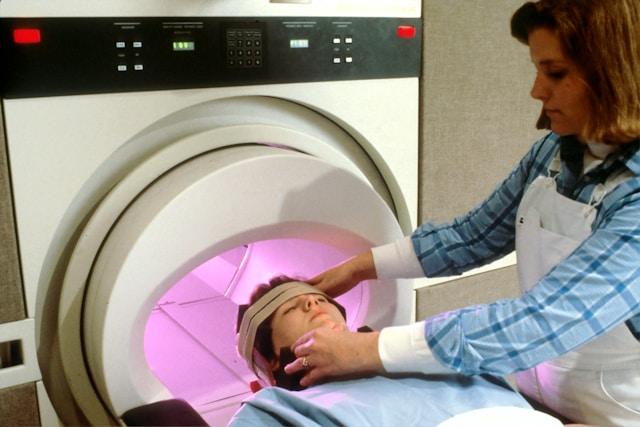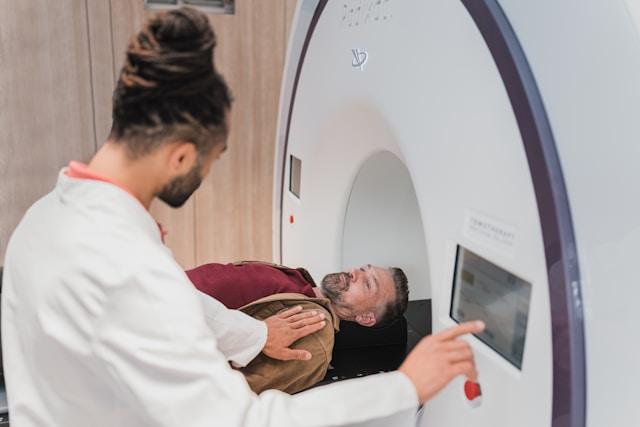
You probably do if you’re reading this.
Right now, there are 180 different kinds of headaches defined. Almost everyone gets headaches from time to time. If they are chronic, daily or even continual, you may be suffering from migraines. There are at least 30 million US citizens currently suffering from some kind of chronic migraines. Some of these are responsive to medicine, and some are debilitating and med resistant.
At least 13% of migraines are believed to be caused by occipital neuralgia. This is a symptom where the Greater occipital nerve is impinged, with tissue causing pressure on the nerve. If untreated, it leads to migraine headaches.
Although the Greater occipital nerve is the most common nerve involved, other nerves can be involved as well. The lesser occipital nerve and dorsal (or least) occipital nerve which are located in the back of the head/scalp. Headaches may originate from the forehead or frontal region as well. The nerves involved in this area include the supra-orbital and zygomatico-temporal nerves.
When no other underlying diseases or conditions are found, you may be a candidate for a nerve decompression surgery that can reduce or end your migraine headaches. This is an outpatient surgery with short recovery times. Results are often immediately evident but may take several weeks. Neuropax surgeons can assess if nerve decompression surgery would help to alleviate or significantly reduce your debilitating symptoms.
If you feel that you may be suffering from migraines, please call the office at Neuropax Clinic at 314-434-7784 to make an appointment. Don’t live in pain another day if you don’t have to. Visit www.neuropaxclinic.com for more information.





















